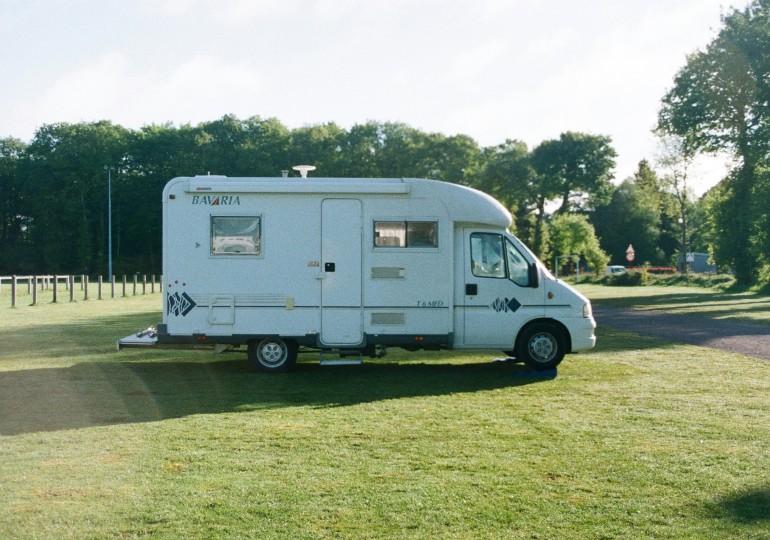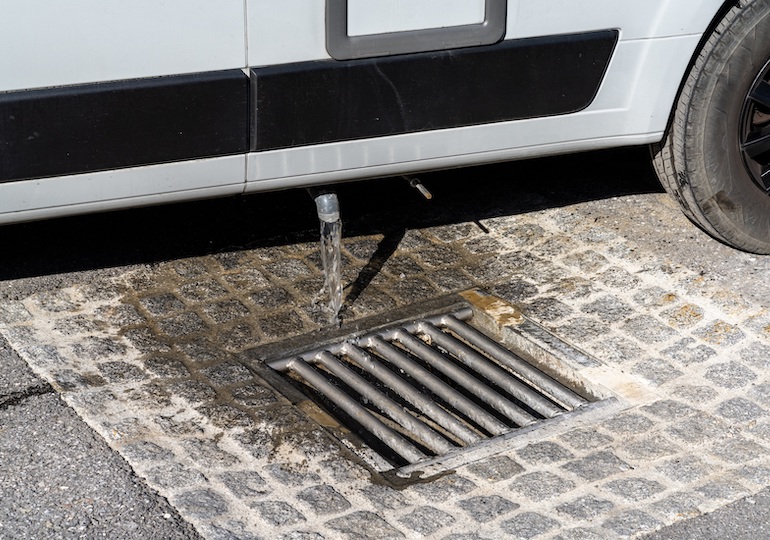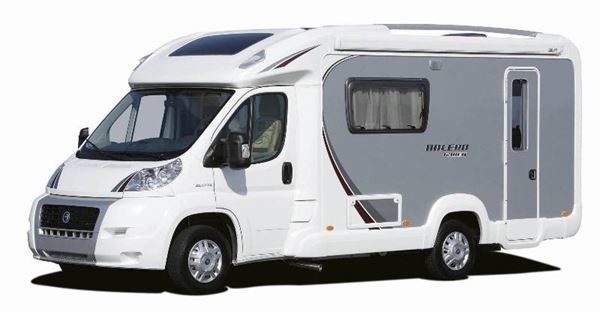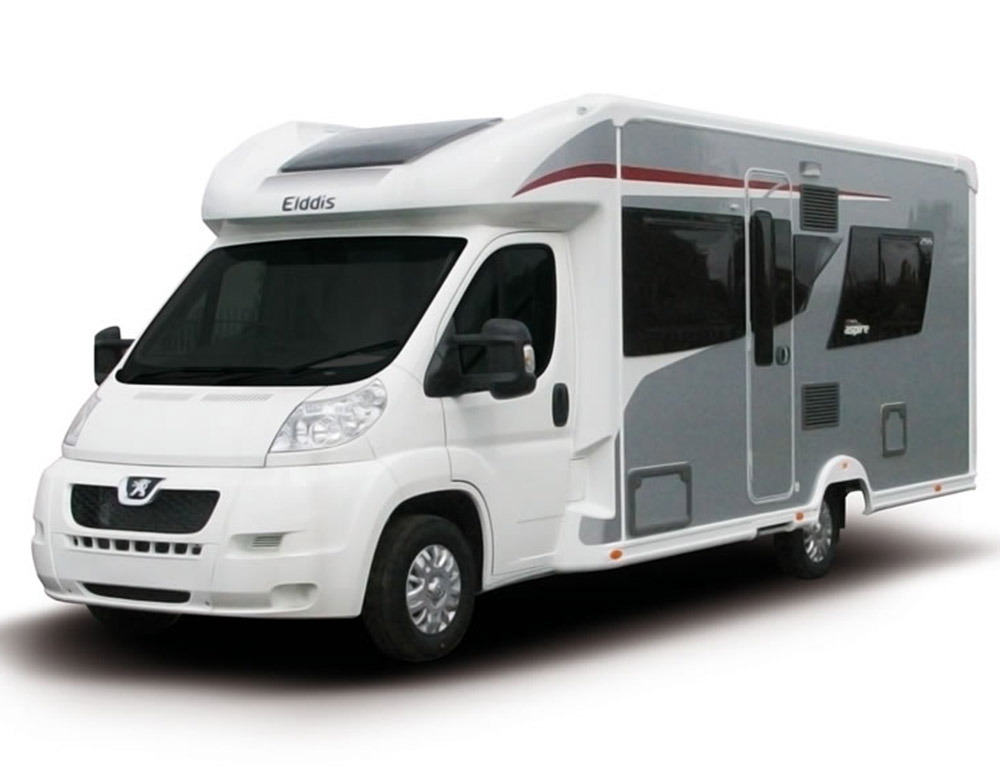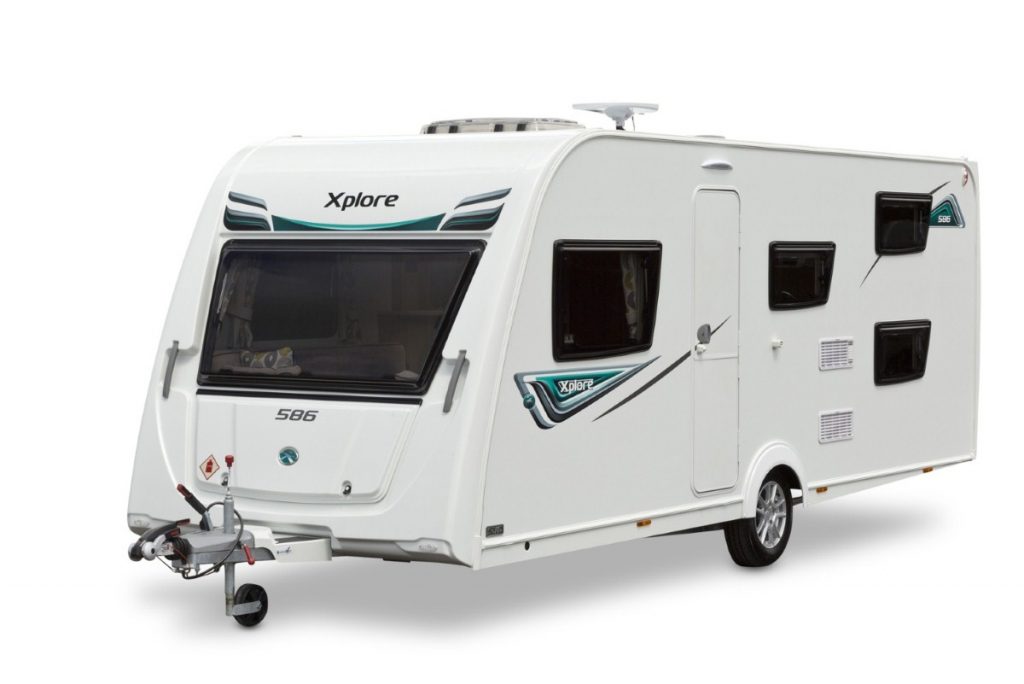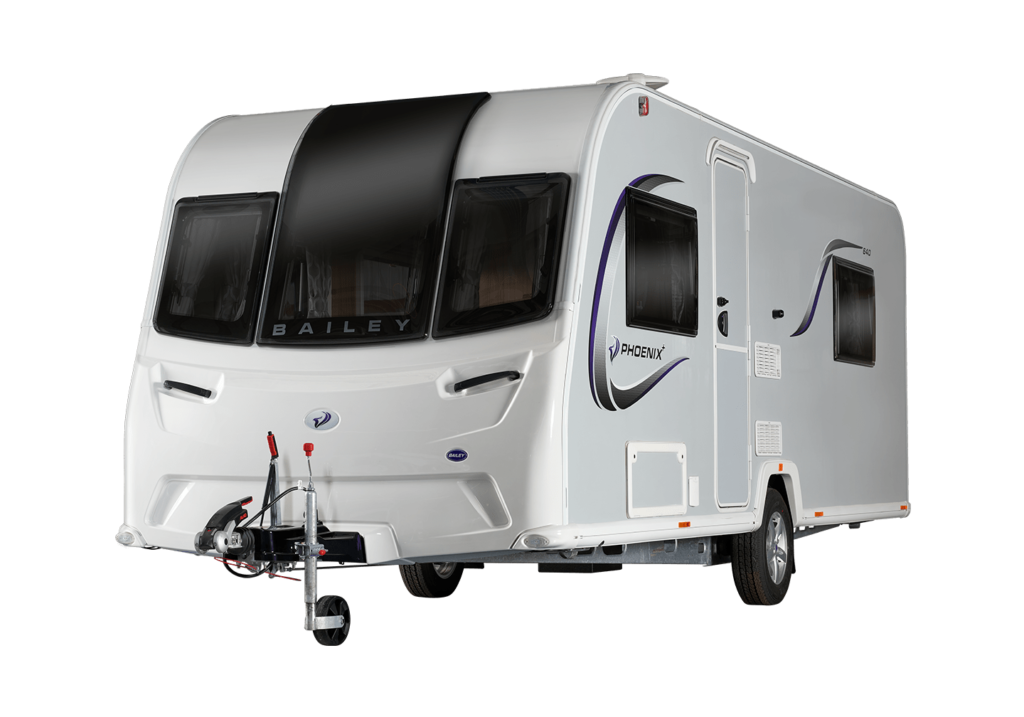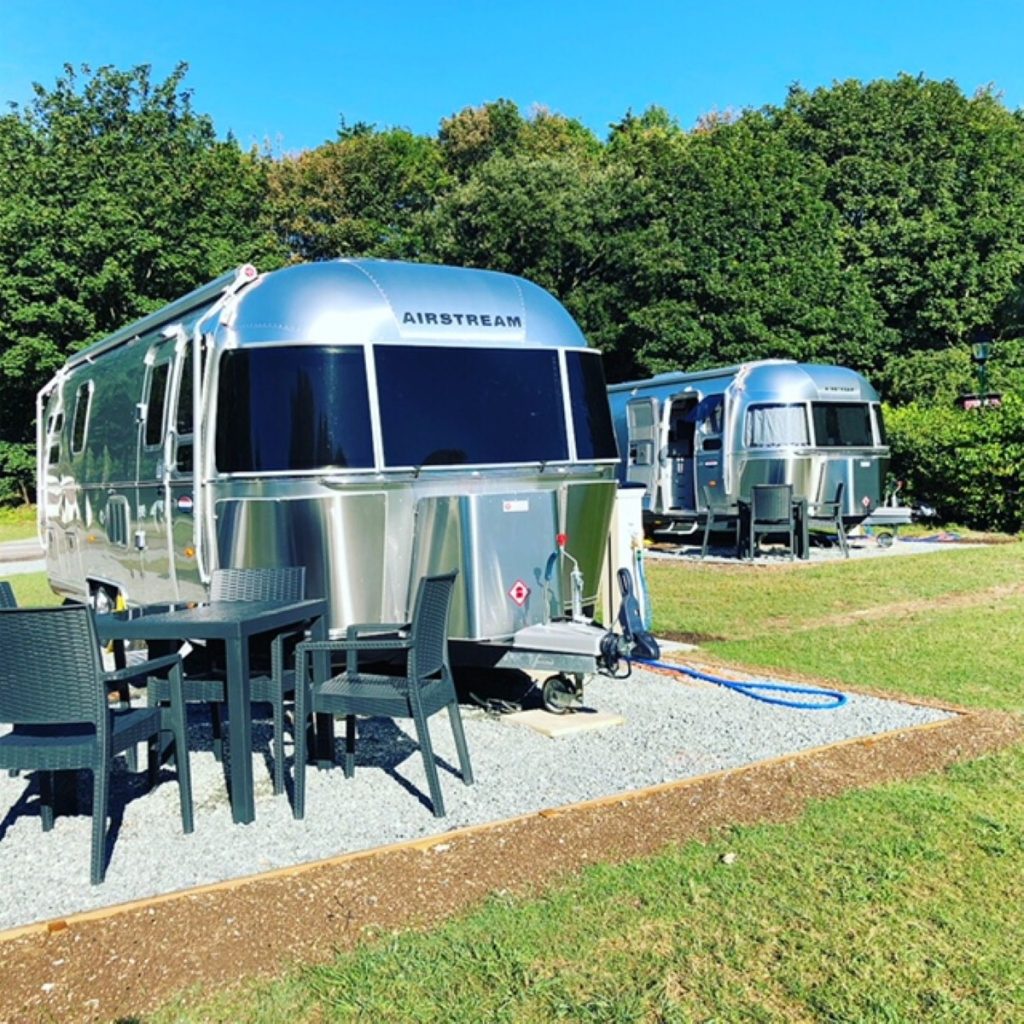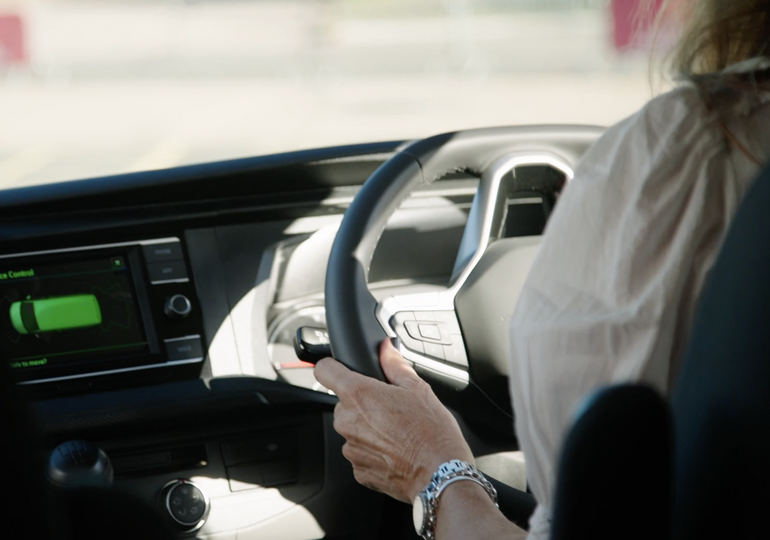The biggest road safety campaign of the year is underway, with the charity Brake looking to raise awareness of the dangers. It says five people are killed on the roads in the UK every day. There are many contributing factors to accidents, but at this time of year, driving in the dark presents additional hazards.
If you’re setting out in your caravan or motorhome and won’t reach your destination in daylight, take precautions for driving at night. To mark Road Safety Week (November 19th to November 25th), the team at Select Car Leasing has prepared a useful list of considerations.
Check your lights are working
Before starting your journey, make sure the front and rear lights are working on both your towcar and your caravan. Driving without a full set of functional lights is against the law, so replace any broken bulbs before your next trip.
Use your lights correctly
Dipped headlights should be used from an hour before sunset until an hour after sunrise to ensure visibility. Full beams should be on when driving along unlit country roads, but dipped when you encounter another vehicle.
Beware of glare
Other road users may not be as considerate with dipping their lights, so make sure you don’t look at them directly. If you get dazzled by oncoming lights, follow the line markings at the edge of the road on the left-hand side to stay on course.
Watch out for vulnerable road users
It can be more difficult to see pedestrians, cyclists and even animals in the dark, so it’s important to stay alert. Areas around schools or when there are signs indicating wildlife might be in the vicinity require additional care.
Manage your speed
Driving more slowly when it’s dark will decrease the risk of serious injury should an accident occur. Your reactions will have more chance of avoiding an incident if you still well within the speed limit at all times.
Keep windows clean
Dirty windows from rain, salt on the roads or parking under a tree can make visibility more difficult. Clean them prior to departure and ensure you have a good supply of windscreen fluid for the journey.
Maintain clean air vents
Condensation on the inside of windows is a problem in the winter, but blowing dirty air on them can create a different issue. Wipe vents down regularly to prevent dust ending up sticking to the damp glass.
Manage your fatigue
Darkness can increase your melatonin levels and make you feel more tired. Stop and take a break to avoid driving when tired. Before you set off, look at the distances and be careful to keep journeys to within a reasonable driving distance.
Photo credit: Unsplash/Joshua Woroniecki








